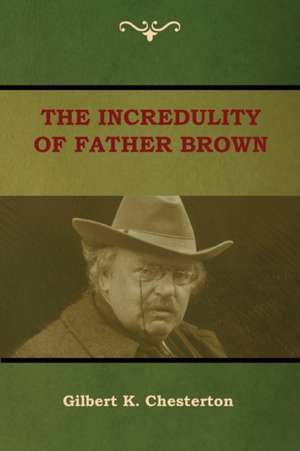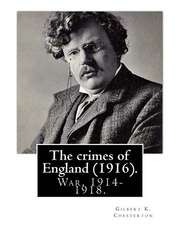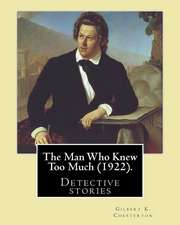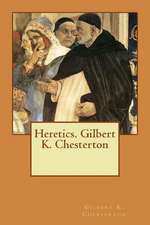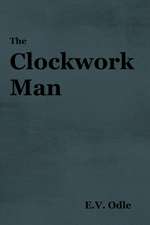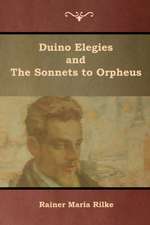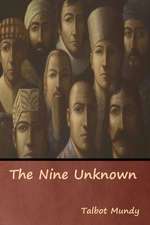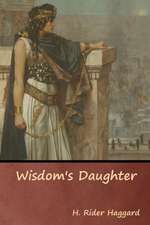The Incredulity of Father Brown
Autor Gilbert K. Chestertonen Limba Engleză Paperback – 15 ian 2019
| Toate formatele și edițiile | Preț | Express |
|---|---|---|
| Paperback (1) | 100.24 lei 43-57 zile | |
| Indoeuropeanpublishing.com – 15 ian 2019 | 100.24 lei 43-57 zile | |
| Hardback (1) | 191.45 lei 43-57 zile | |
| Indoeuropeanpublishing.com – 15 ian 2019 | 191.45 lei 43-57 zile |
Preț: 100.24 lei
Nou
Puncte Express: 150
Preț estimativ în valută:
19.18€ • 20.08$ • 15.87£
19.18€ • 20.08$ • 15.87£
Carte tipărită la comandă
Livrare economică 07-21 aprilie
Preluare comenzi: 021 569.72.76
Specificații
ISBN-13: 9781644390504
ISBN-10: 1644390507
Pagini: 146
Dimensiuni: 152 x 229 x 8 mm
Greutate: 0.22 kg
Editura: Indoeuropeanpublishing.com
ISBN-10: 1644390507
Pagini: 146
Dimensiuni: 152 x 229 x 8 mm
Greutate: 0.22 kg
Editura: Indoeuropeanpublishing.com
Notă biografică
Gilbert Keith Chesterton (29 May 1874 - 14 June 1936) was an English writer, philosopher, lay theologian, and literary and art critic. He has been referred to as the "prince of paradox." Time magazine observed of his writing style: "Whenever possible Chesterton made his points with popular sayings, proverbs, allegories-first carefully turning them inside out." Chesterton created the fictional priest-detective Father Brown, and wrote on apologetics. Even some of those who disagree with him have recognised the wide appeal of such works as Orthodoxy and The Everlasting Man. Chesterton routinely referred to himself as an "orthodox" Christian, and came to identify this position more and more with Catholicism, eventually converting to Catholicism from High Church Anglicanism. George Bernard Shaw, his "friendly enemy," said of him, "He was a man of colossal genius." Biographers have identified him as a successor to such Victorian authors as Matthew Arnold, Thomas Carlyle, Cardinal John Henry Newman, and John Ruskin. Near the end of Chesterton's life, Pope Pius XI invested him as Knight Commander with Star of the Papal Order of St. Gregory the Great. The Chesterton Society has proposed that he be beatified, a recognition accorded by the Catholic Church of a dead person's entrance into Heaven and capacity to intercede on behalf of individuals who pray in his or her name. He is remembered liturgically on 13 June by the Episcopal Church, with a provisional feast day as adopted at the 2009 General Convention.
